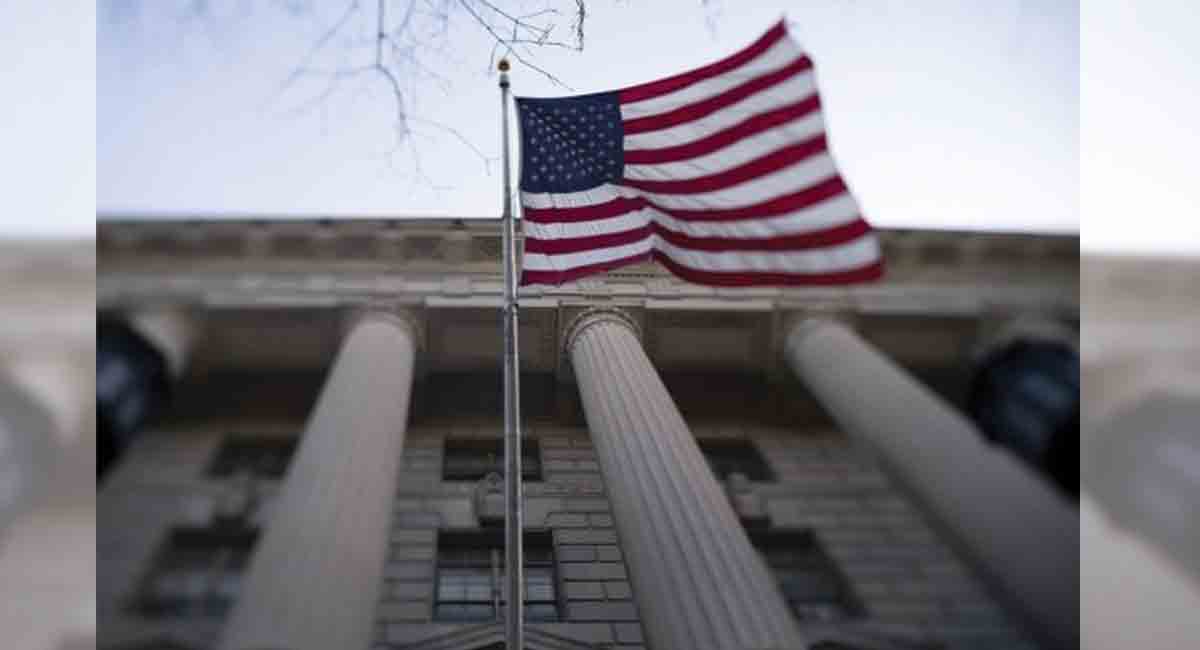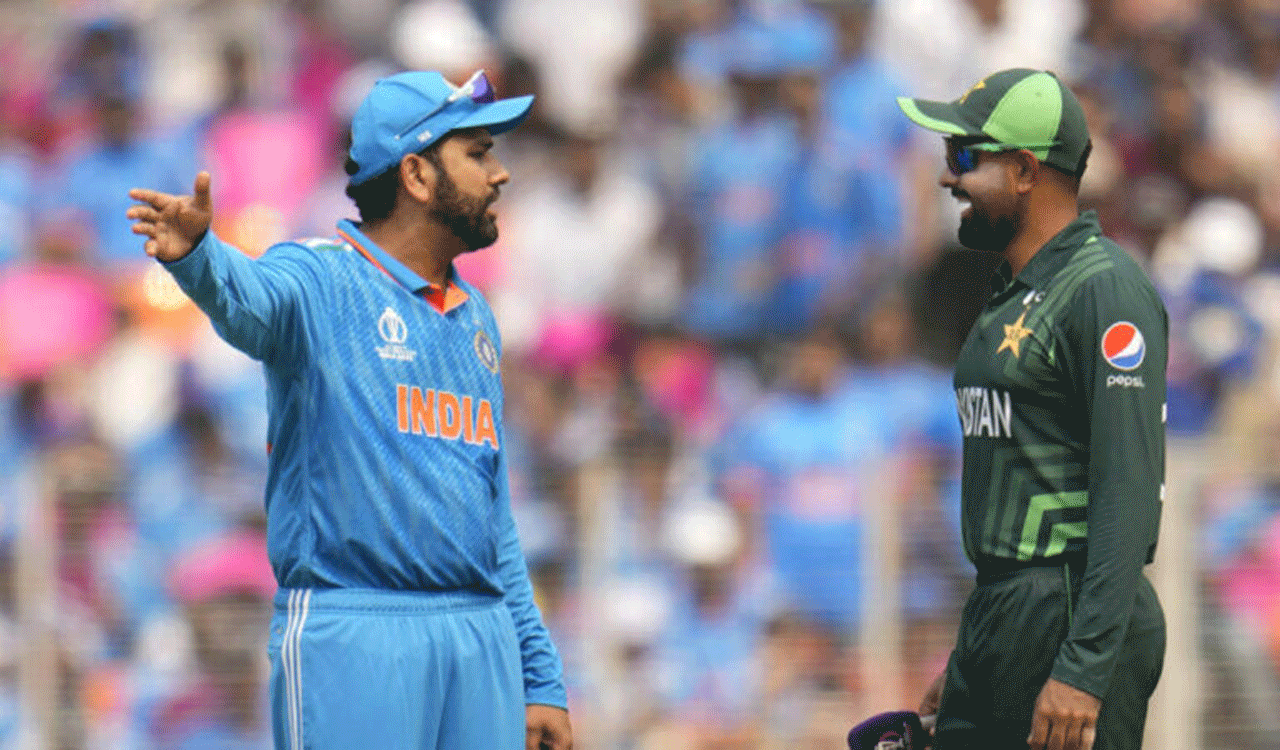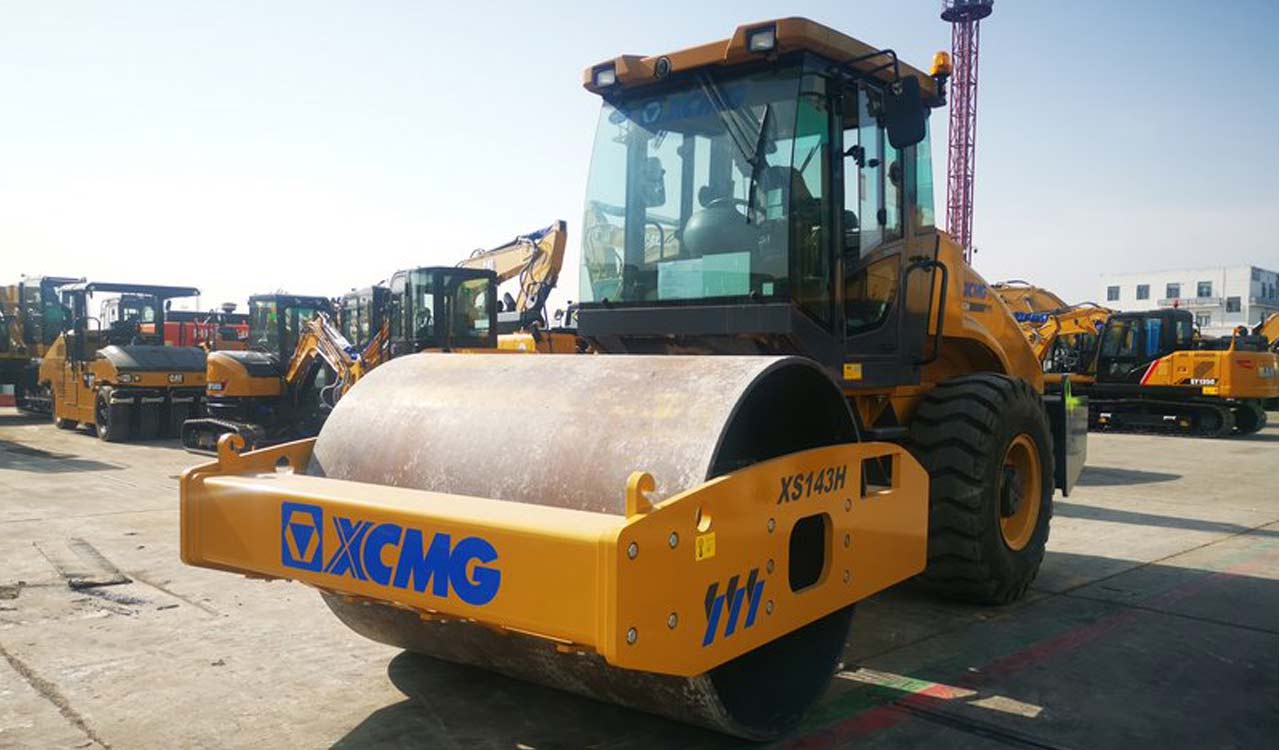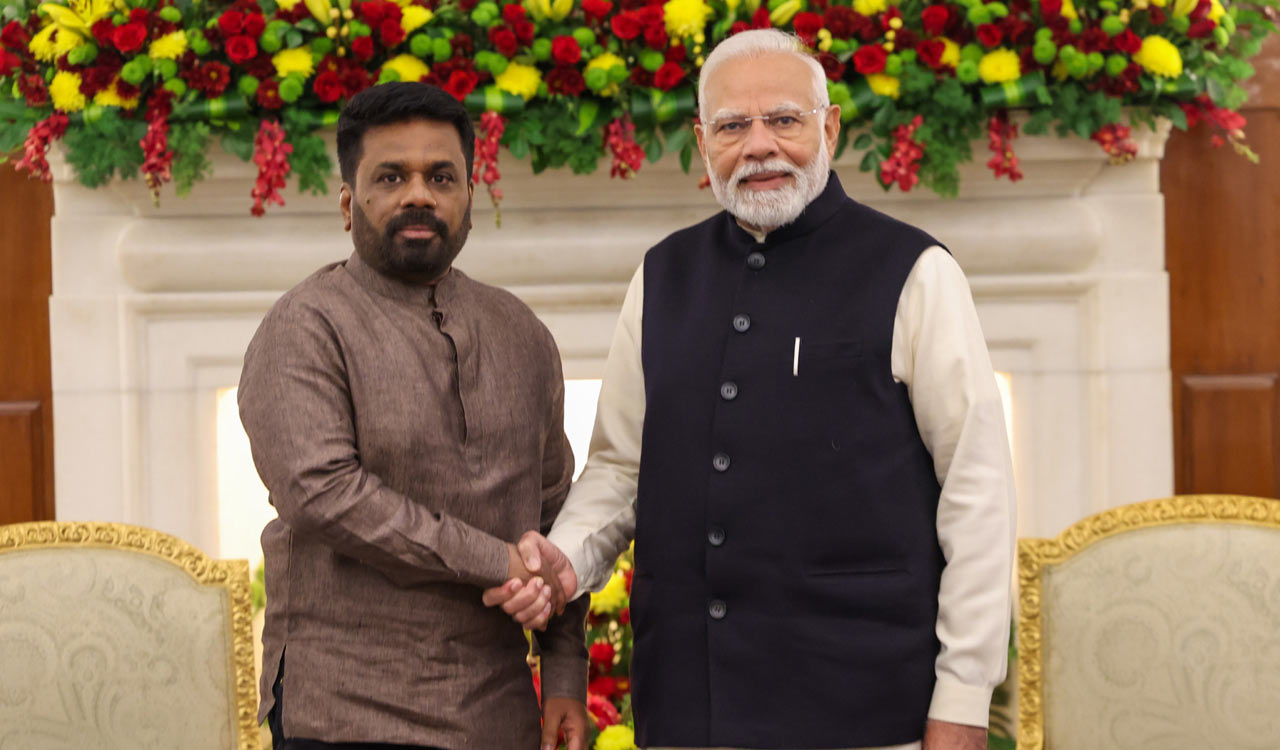Editorial: Sharif’s friendly overtures
Nawaz Sharif’s call for resumption of ‘constructive dialogue’ must be taken with a pinch of salt
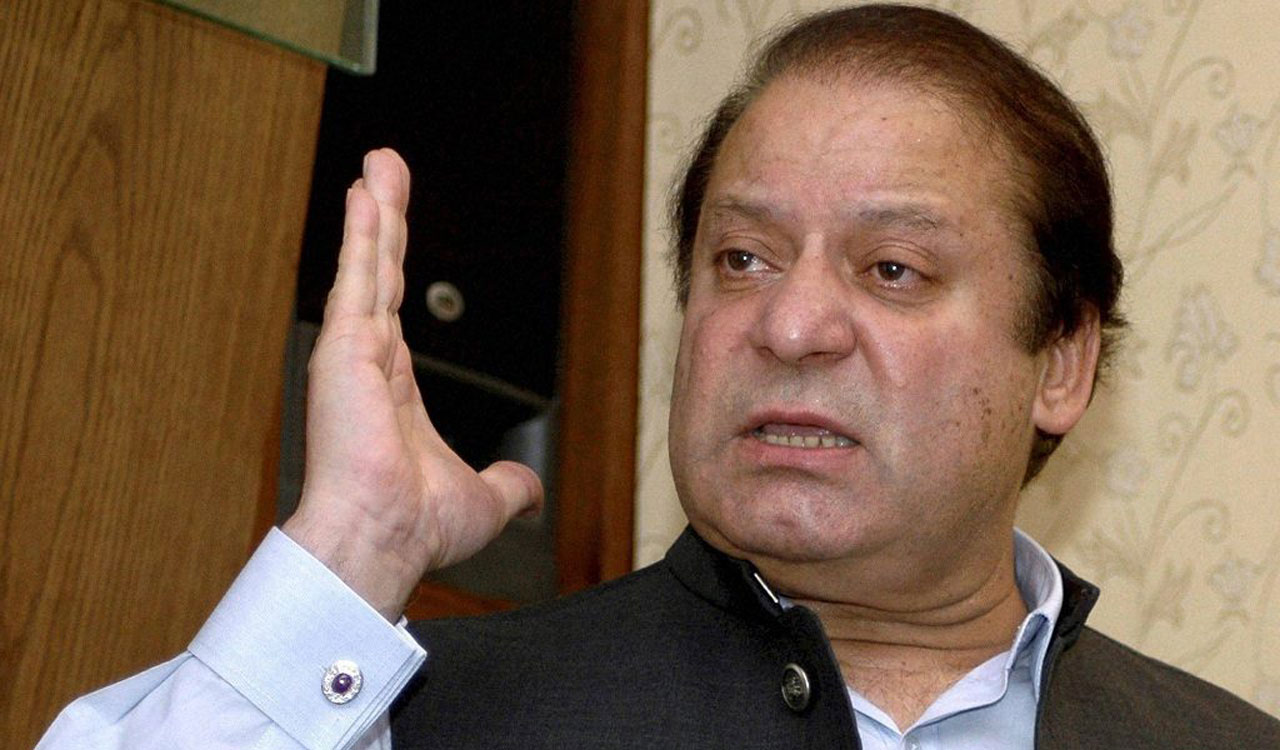
If words of friendship alone were enough to magically erase the historic tensions between the nations, the world would have been a different place by now. Words, however well-intended they may be, will sound hollow and empty unless backed by credible actions on the ground. This is particularly relevant in the case of the bilateral relationship with Pakistan which is held hostage by Islamabad’s dangerously flawed, yet consistent, strategy of using terrorism as an instrument of state policy. Given this baggage of betrayals and misadventures, the latest friendly overtures by former Pakistani Prime Minister Nawaz Sharif and his call for resumption of ‘constructive dialogue’ between the two countries must be taken with a pinch of salt. Sharif, a three-time Prime Minister whose support for the revival of trade relations with India is well known, argues that the two countries must ‘bury the past’, move beyond the historical conflicts and focus on building better future relations by engaging in constructive dialogue. Interestingly, Sharif, whose younger brother Shehbaz Sharif is the current Prime Minister, has offered to play a ‘bridge-building role’ and spoke passionately about the importance of resumption of cricketing ties and establishment of trade relations between the two nations. Such sentiments, when packaged as carefully worded public statements, will make good optics and hog the media headlines but will not alter the realities on the ground. The timing of the former PM’s conciliatory remarks is significant as they came at the conclusion of External Affairs Minister S Jaishankar’s visit to Pakistan to participate in the conclave of the Shanghai Cooperation Organisation (SCO), the first by an Indian foreign minister in nine years.
Though there was no separate bilateral meeting between Indian and Pakistani foreign ministers, Sharif and some Pakistani officials viewed Jaishankar’s visit as an “ice-breaker”. The bilateral ties have been in deep freeze since the Pulwama terror attack and the retaliatory Balakot airstrikes of February 2019. While one cannot dispute Sharif’s suggestion that both countries must move forward and tap the full potential for bilateral trade, it must, however, be pointed out that the onus lies on Islamabad to create a conducive atmosphere. The only option before Pakistan is to dismantle the terror infrastructure and stop nurturing anti-India terror outfits operating on its soil. Cross-border terrorism is the single most important issue that needs to be tackled for the normalisation of bilateral ties. India has been steadfast in its position that trade and terrorism cannot go together and that Islamabad must take credible steps to end the support to militant outfits operating from its soil. Talks cannot happen in a vacuum. Pakistan’s intransigence on the Kashmir issue is another major stumbling block in the way of revival of normalcy in bilateral relations. Pakistani rulers must realise that their obsession with Kashmir will not lead them anywhere.
Related News
-
Save future of Telangana NEET PG aspirants, IMA writes to CM Revanth Reddy
40 mins ago -
Telangana techie loses Rs 4.15 lakh to online gold trading fraud
1 hour ago -
Hyderabad: Couple working as house help at doctor’s residence held for theft
1 hour ago -
Hyderabad auto driver foils attempt to kidnap young woman, five held
2 hours ago -
Haiti gang attack on journalists covering hospital reopening leaves 2 dead, several wounded
3 hours ago -
21 dead as Mozambique erupts in violence after election court ruling
4 hours ago -
Cartoon Today on December 25, 2024
11 hours ago -
Sandhya Theatre stampede case: Allu Arjun questioned for 3 hours by Chikkadpallly police
12 hours ago

